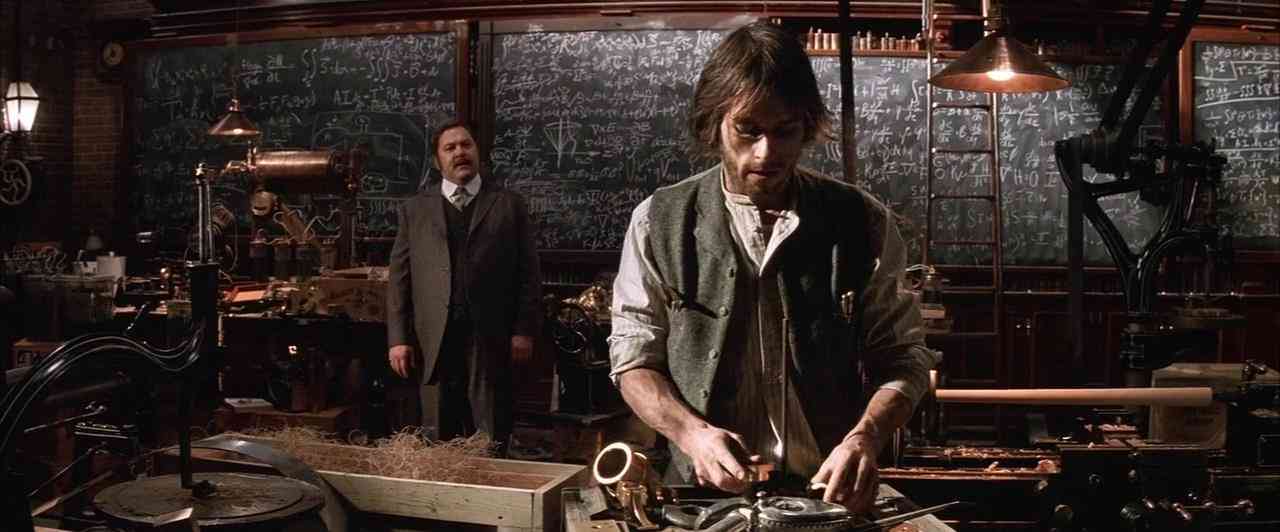You cannot step into the same river twice, for other waters are continually flowing on.” Heraclitus (535-475 BC)
Change is a phenomenon that has existed since human existence on the world. As all matter, living or non-living, is in a change at any moment, society is also affected by this change. There are scales of change, things that affect and things that affect change. It is not possible to examine the whole of things such the reason why it changes and what change is. However, Victorian England, which contributed to the existence of sociology, will help us understand some changes. The Victorian Era made a huge change not just in England but also for the rest of world. Since England was an island rich in coal mine, industrial revolution process was so fast. The island has materials to developed steam engine and factories. After signs of industrial revolution lots of rapid change were observed. It can be said the reason why industrial revolution mostly take part England not in other countries. Th e factories established, population growth from eighteen million to thirty million, daily life change, people became more poor and a very small amount of people became rich and rich. At the middle of the changed H. G. Wells born who wrote the book calls “Time Machine”.

In this brief essay I am going to do analysis of Time Machine book in two different part. The first part will be about society in Victorian Era and Wells, In the second part the society of Time Machine’s time will describe within comparison with Victorian England and change itself.

Wells was an author and a socialist at the Victorian Era. This century was both charming and undesirable history of time. While at one side of coin humanity was seeing the most rapid technologic growth, the most quickest production, first meetings with giant machines, lots of new theories, establishment of sociology and it goes, on the other side of coin was dark. As I mentioned before fast population growth lead to collapsing substructures of regions. People were starving to death, everbody started to work at inhuman conditions such as working 18 hours a day.
Factories was like an automatic clock and due to keep that clock always working shift pattern was established. As Marx argued, there was two class such as bourgeois and proletarians. The difference between two class was huge in terms of welfare, economy, education etc. However there was also discrimination between genders and age not just classes. Women were paid less, working as same hours with man, also racing the children at home. On the other hand orphans or the children who have poor family were selling like a slave, they were used as chimney sweeper in bourgeois houses. While all things were happening thinkers, tried to solve problems. The changes were like massive earthquakes which collaps the life of lawer class. Marx was arguing the theory of historical materialism. Historicity comes from that Marx says evolution of human societies happens from one stage to another. And also it is materialistic cause his theory based on material or economic reasons that society has. This theory says that, matter or material reality is the reason of change.

Agust Comte also argue that evolution of societies has three steps are theological, metaphysical and positive stages. The theory named evolution however it did not tell if this changes whether will repeat from first step to third again or not. According to Spencer, society is just like a biological organism. The biological organism is born, goes through some major stages, has become specialized and functional. This theory called organic anology. However, society is not expected to die while its biological organism is something to be expected to die. During the time Wells become a socialist and write his book in light of symbolism.,

A man who discovered time travel is seen in the book. The time traveler goes to the year 802,700. The book shows us that the future is not as expected. Humanity has evolved into two types. One of them is the Eloi, a not very smart, cheerful species living on earth. The other type is Morlock, which lives underground, looks terrible, is more friendly with technology, but evil. In the 18th century, the geography that Wells lived in was in a very harsh statein terms of classifications. Infrastructure determined the superstructure, and the proletarians lived in extreme conditions. On the other hand, although the proletariat is the producer and habitual person, he still lives in very bad conditions and needs the bourgeoisie.
Another issue is the way social gender is handled. The time traveler, who lives in an age where gender is strictly defined, sees the opposite after millennia. With society, gender has almost disappeared. the gender of people is barely chosen, and specialization in job distribution has disappeared. In this context, I can say that there is a micro level linear change process. Based on the book, the change that takes place is not a progress, but a process. The reason why you are not progressing is that there is a non-linear, cycle change, not constantly moving forward.

The change has been in cycles according to the time explorer's estimates, that is, first progress is made, then regression occurs again. Therefore, if we give examples of mental regression, regression in perception, regression in language and technology, this change can be considered as a process. This change, which is a macro level, is great and irreversible in many ways when we consider the remaining borders in the region where it takes place, the change in the geographical structure, the development of daily life and social actions. I would say that the change is endogenious as well as exogenius because internal factors have even led to the evolution of elos and morlocks. But I can also say that it is an endogenous change based on the fact that change depends on many different variables such as time, place, event, different societies.
In short, the book deals with changes in time, biological form, mental perception, linguistics, nutrition, daily life, and social relations, and this change is revealed. Although the author has shown materialist reasons as the driving factor for change (economy, class distinction etc), time may actually have an effect, and perhaps many other causes.



